Nothing goes unseen on the internet.
Social media fails. We’ve all been there. Each and every year brands make significant mistakes on social media, proving that it’s easy to go viral for all the wrong reasons.
Businesses utilise social media to grow brand awareness and create an engaged community of devotees. However, sometimes things don’t go according to plan. A tweet or a social media marketing campaign can overreach cultural bounds and make audiences cringe and rage.
For big corporations, a stumble on social media can impact their share price, and for smaller companies, they can become a laughing stock online.
Yes, it turns out, there is just such a thing as bad publicity. We’ve seen plenty of great moments in social media, but there’s nothing worse than a social media fail.
However, as you’ll see below, bad press and social media backlash tend to last a short period, because it’s only a matter of time before another business is the hot seat for their blunder.
Looking to cringe even more? Review our top 10 social media fails of 2017, 2018 and 2019.
Read on for 2020’s social media fails and learn from their mistakes.
Aldi’s #AldiPoorestDayChallenge
Aldi in the United Kingdom paid an Instagram influencer to participate in a “challenge” where she fed her family for £25.
The campaign, #AldiPoorestDayChallenge, centred around January 24th, commonly known as the poorest day of the year as people overspend during the festive season and need to tighten their budgets in January.
The challenge was deemed offensive and in poor taste, using a middle-class influencer who had no understanding of the struggles lower class people deal with, especially considering who the Aldi target audience is. It also plays on the myth that poor people are not trying hard enough.
Domino’s Nice Karen Campaign
“Karen” is a pejorative term that gained popularity in 2020 to refer to white, middle-aged women who appear to be obnoxious or racist.
On Domino’s Australian and New Zealand Facebook pages, the pizza chain asked those called Karen to tell Dominos in 250 words why they’re a “nice” Karen and offer them a free pizza.
This was criticised online with people pointing out the hypocrisy that Dominos were actually rewarding more privilege to a very privileged group in society.
OneUnited Bank’s Harriet Tubman Card
OneUnited Bank is the largest black-owned financial institution in the United States. In celebration of Black History Month, the bank released a Harriet Tubman debit card.
Harriet Tubman was a political activist who freed slaves after escaping from slavery in the 19th century.
OneUnited Bank described the debit card as a “symbol of black empowerment”.
The campaign was heavily criticised on social media, with people pointing out that using the name and image of a woman who fought slavery to promote capitalism.
Kylie Jenner’s Flag Emoji Misstep
Social media influencer Kylie Jenner tweeted her skincare line would be launching websites in the UK, France, Germany and Australia, with each URL accompanied by the country’s respective flag emoji.
However, instead of posting the Australian flag emoji, Kylie posted the South Georgia and South Sandwich Islands flag.
Kylie’s millions of followers quickly correct her, with extremely humorous responses.
Safety Warehouse’s $100,000 Money Drop
Marketed across social media as “New Zealand’s first-ever mass cash drop”, Safety Warehouse promised $100,000 of money flying from the sky, aimed to thank New Zealanders for their support throughout the pandemic.
The money drop resulted in a riot where people were seriously injured, and attendees received very little money. Many left with discount vouchers that appeared visually similar to a $5 note, resulting in Prime Minister Jacinda Ardern calling for the organisation to apologise.
Safety Warehouse released a statement, believing the events had been “unfairly characterised” by the media, however lawsuits have been filed against the company.
Draper James Dress Giveaway
During the COVID-19 pandemic, Reese Witherspoon’s clothing company Draper James offered to give away free dresses to teachers in the United States.
Over 1 million teachers registered their interest, but the company only had 250 dresses to give out. While the post does refer to “winners”, it is not completely clear that there were limited quantities available.
Unsuccessful applicants were sent a discount code, but the damage was already done. The controversy created worldwide headlines and has resulted in a class-action lawsuit, with the plaintiffs stating the giveaway was a “systemic marketing and promotion … scam” that took advantage of the pandemic to increase Draper James’ database of email addresses.
Clicks Racist Hair Advertisement
Leading South African beauty and pharmaceutical retailer, Clicks, published a social media advertisement to promote hair care products with pictures of African hair labelled dry, dull and damaged and an image of white hair being described as normal, fine and flat. The advertisement makes the assertion that white standards of beauty are to be aspired to.
The hashtags #ClicksMustFall and #ClicksAdvert trended for days on end on social media and protesters forced several stores of the company to close.
Gap’s ‘Unity’ Hoodie
The day after the United States Presidential Election Day, The Gap tweeted a video of a blue and red (Democratic and Republican colours) hoodie sweatshirt being zipped up in the middle with the accompanying caption “The one thing we know, is that together, we can move forward.”
Twitter users called out the brand for hypocrisy and tone-deafness regarding two parties who are fundamentally at odds, especially as the sweatshirt was never available for purchase in the first place.
The tweet was deleted less than two hours after it was posted and The Gap tried to control the story with an interview with the New York Times.
Netflix’s ‘Cuties’
Netflix came under hot water in 2020 when promoting the French language film Cuties, an examination of the sexualisation of young girls. To promote the film, Netflix tweeted a poster designed by their team, with the young girls posing in relieving dance outfits.
The huge Twitter backlash caused #CancelNetflix to trend, saw several Change.org petitions created and forced Netflix to make a public apology.
L’Oréal Paris’s Support of Black Lives Matter
In the wake of George Floyd’s murder, L’Oréal posted a graphic on Instagram with the words “Speaking out is worth it”, a play on words of their well-known tagline.
The reaction was branded as tone-deaf on social media as it came less than three years after L’Oréal Paris dropped Munroe Bergdorf, a trans Black woman, for discussing racism on her social media accounts.
The company was accused of posting a vague message of support without offering any specific actions to help people of colour.
Social media can tell your brand’s story in a creative and inspired way, one false step, and it can all go pear-shaped quickly.
Once something goes viral on social media, it lives forever in screenshots.
Unfortunately, no brand is immune and sometimes social media experts get it wrong.
When posting on social media, our advice is to make sure you understand your audience, and you are in touch with market sentiments, and the content you’re posting is relevant to your audience.
Sometimes getting another pair of eyes to look over something isn’t a bad idea!



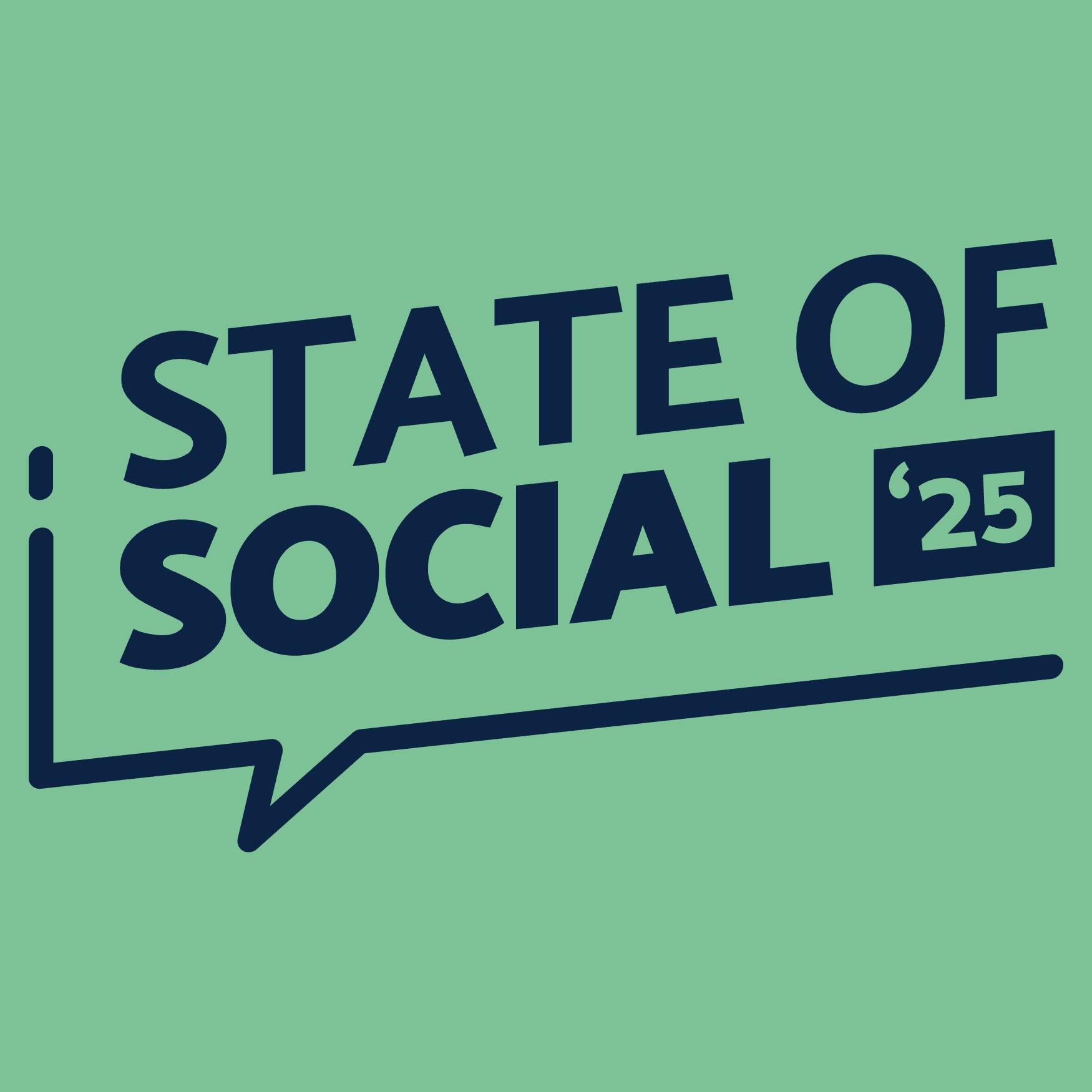

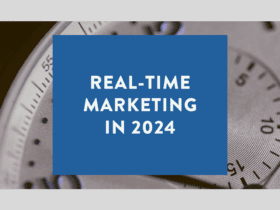
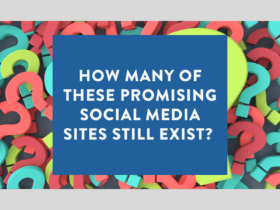
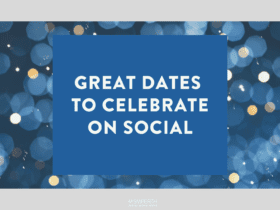
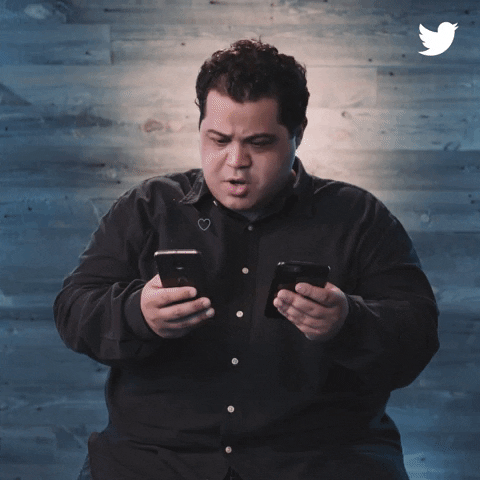
LET’S CONNECT